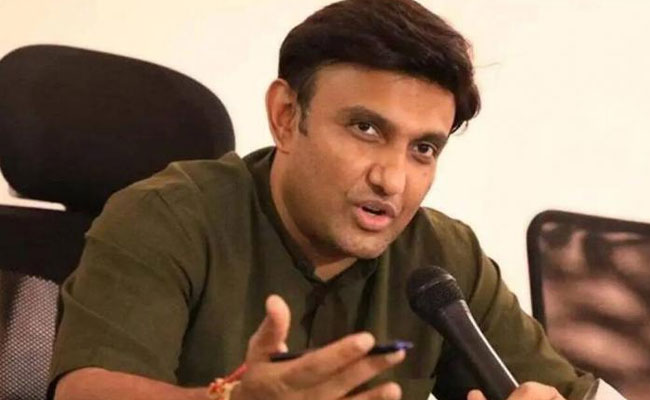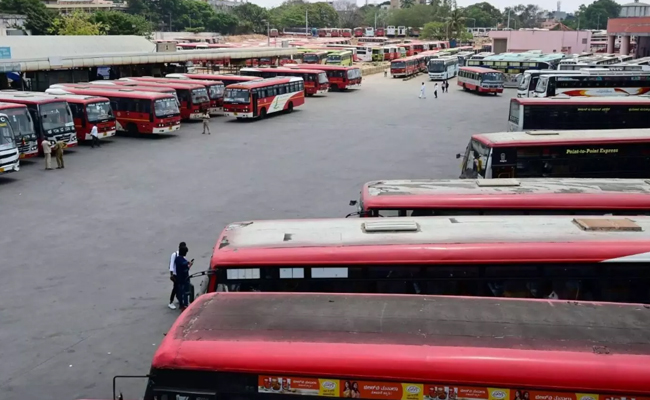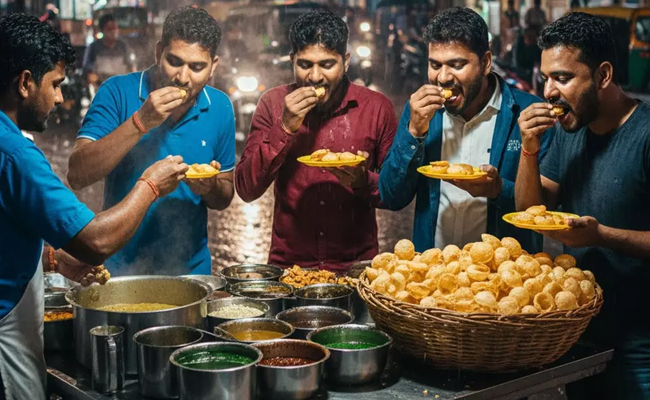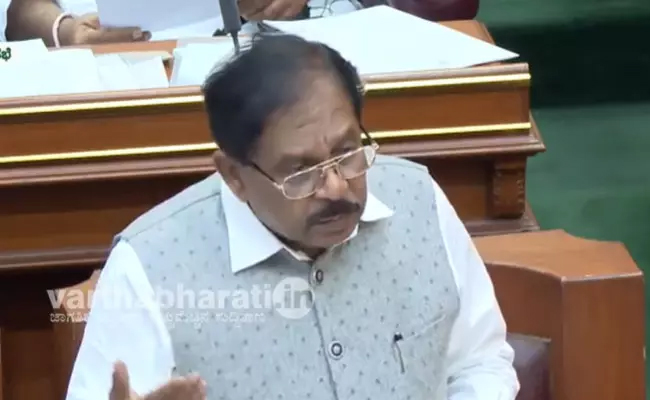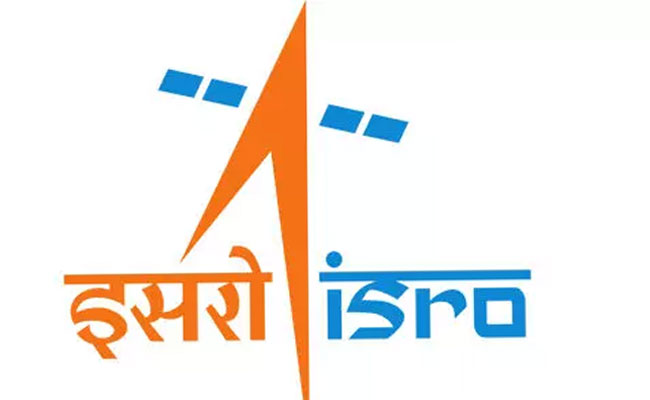Bengaluru (PTI): The Karnataka government on Sunday said a meeting has been called with the health department officials and experts on March 6, to deliberate on the preventive measures to be taken regarding the spread of Influenza A subtype 'H3N2'.
Health Minister K Sudhakar said the Centre's guidelines in this regard will be adhered to.
"On Saturday, the Union Health Ministry has communicated to us (state) to pay attention to it (H3N2). Our Health Commissioner and Principal Secretary have held discussions regarding this. A meeting has been called tomorrow regarding the precautionary measures to be taken," Sudhakar said.
Addressing reporters, he said, "as of now there are no such cases reported in Karnataka, but according to initial reports one of the symptoms is persistent cough. What measures to be taken when such cases come in, and treatment methods to be adopted, will be discussed in tomorrow's meeting along with experts, and the Centre's guidelines will be followed."
A persistent cough, sometimes accompanied by fever, running through India for the past two-three months is due to Influenza A subtype H3N2, Indian Council of Medical Research (ICMR) experts have said.
The H3N2, which has been in wide circulation for the past two-three months, causes more hospitalisations than other subtypes, said ICMR scientists who keep a close watch on ailments caused by respiratory viruses through the Virus Research and Diagnostic Laboratories network.
They have also suggested a list of Dos and Don'ts for people to follow and protect themselves from contracting the virus.
The Indian Medical Association (IMA), on the other hand, has advised against indiscriminate use of antibiotics amid rising cases of cough, cold and nausea across the country.
Seasonal fever will last five to seven days, it noted.
The fever goes away at the end of three days, but the cough can persist for up to three weeks, the IMA's Standing Committee for Anti-Microbial Resistance said.
Let the Truth be known. If you read VB and like VB, please be a VB Supporter and Help us deliver the Truth to one and all.
Bengaluru: The Karnataka State Road Transport Corporation will operate 1000 additional special services in view of the Christmas festival.
In addition to the existing schedule, the special services will run on 19.12.2025, 20.12.2025 and 24.12.2025. Further, special buses will be operated from various places of intra & Interstate places to Bengaluru on 26.12.2025 & 28.12.2025.
Special buses will be exclusively operated from Bengaluru Kempegowda Bus Station to Dharmastala, Kukkesubramanya, Shivamogga, Hassan, Mangaluru, Kundapura, Shringeri, Horanadu, Davangere, Hubbali, Dharwad, Belagavi, Vijayapura, Gokarna, Sirsi, Karwar, Raichur, Kalaburagi, Ballari, Koppala, Yadgir, Bidar, Tirupathi, Vijayawada, Hyderabad and other places.
ALSO READ: Bengaluru: Shopkeeper stabbed for refusing to serve free panipuri
Special buses from Mysuru Road Bus Station will be exclusively operated towards Mysuru, Hunsur, Piriyapatna, Virajpet, Kushalanagar, Madikeri.
The corporation has also announced a discount of 5 per cent on the fare if four or more passengers book tickets under a single reservation. A discount of 10 per cent will be extended on return journey tickets if onward and return tickets are booked simultaneously.
In addition to the above, special buses will be operated from all Taluk/District Bus Stands in the jurisdiction of KSRTC based on the traffic needs.

